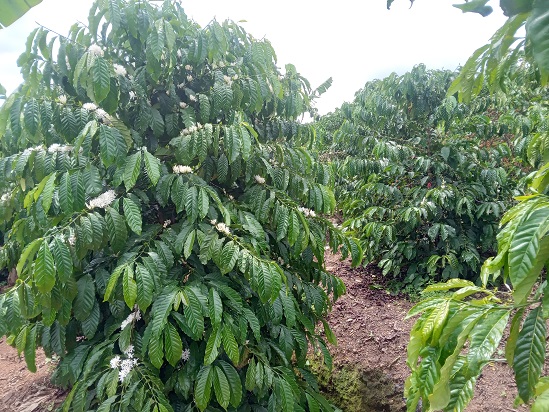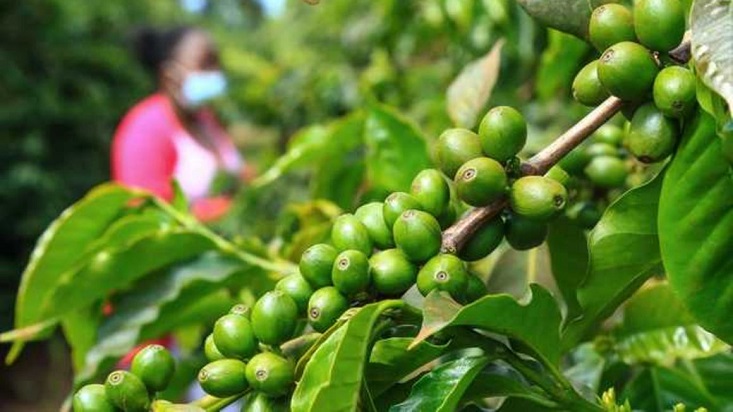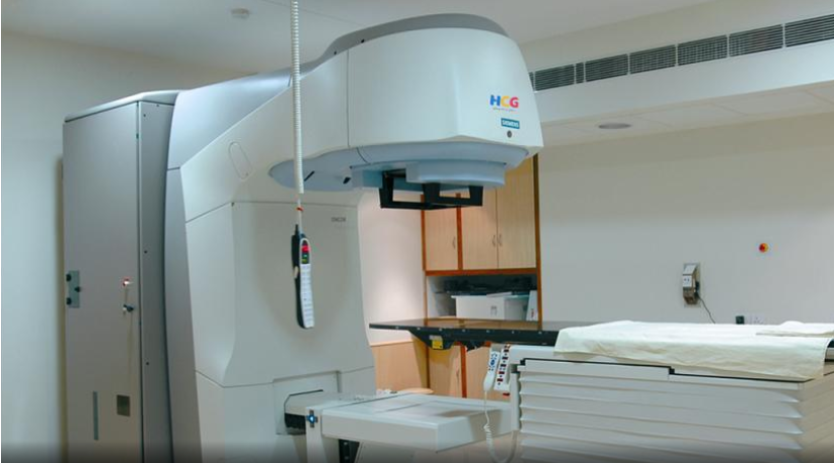Coffee is Uganda’s leading cash crop
Parliament has blocked a move by Government to merge Uganda Coffee Development Authority (UCDA), National Agricultural Advisory Services (NAADs), Dairy Development Authority (DDA) and Cotton Development Authority with Ministry of Agriculture, Animal Industry and Fisheries (MAAIF).
All the four Ministers in the Ministry of Agriculture weren’t in attendance when the bills were being considered, and efforts by the other Ministers to save Government’s proposals fell flat after MPs refused to have the four bills proceed to Committee stage, where each clause was meant to be scrutunised by the whole House.
Coffee stakeholders have in various forums unanimously rejected the UCDA merger.
The Chairperson, Agriculture Committee, Janet Okori-Moe, said mainstreaming UCDA into MAAIF would negatively affect the sector.
“Mainstreaming UCDA into the civil service will negatively affect the achievements Uganda has attained in quality coffee production and export and access to international markets, thus stunting economic growth and development,” said Okori- Moe.
During the National Coffee Dialogue on developing Uganda’s coffee value chain that took place from 10th to 11th January 2023 at Lake Victoria Serena Hotel, Kigo, Coffee stakeholders unanimously urged Government to consider rescinding a decision to merge UCDA with MAAIF, saying the latter is over loaded and that Uganda’s ‘cash cow’ may not be given the necessary priority it deserves.
The event was organized by the Office of the President in conjunction with Operation Wealth Creation (OWC) and UCDA.
While concluding his presentation on the overview of Uganda’s coffee sector on day one of the dialogue, Dr. Joseph Muvawala, the Executive Director at National Planning Authority (NPA), asked the participants who included farmers, representatives from farmer groups and cooperatives, researchers, Government Ministries and Agencies, roasters, baristas, processors and exporters, among others, to deliberate on the institutional framework stakeholders want to operate in given coffee’s importance to Uganda’s economy.
Reacting to Muvawala’s submission, Prof. Ezra Suruma, who was key in the creation of UCDA in 1991, said: “The existence of Uganda Coffee Development Authority (UCDA) as an institution has been indispensable to the orderly expansion of the coffee sector.”
He added: “I think really that we must grow up. You can’t run an economy without institutions. If you have an institution working well, why abolish it? Coffee production has grown from three million to eight million bags in a period of five years (due to UCDA’s efforts).”
He said that many countries are bench-marking on Uganda’s success coffee story which has been possible due to UCDA.
He said there’s need for prioritization for Uganda.
“Each Ministry has their own priorities and coffee may not be a priority if UCDA is taken to MAAIF,” Prof. Suruma said.
He added that President Yoweri Museveni gave a policy directive to make coffee a key priority and UCDA has taken the President’s directive seriously.
He said Uganda should preserve institutions that are performing well.
“Institutions are known for methods of doing something; if you have a tested mechanism that works, then you must maintain it. The Americans say if it’s not broken, then don’t fix it. This thing (UCDA) isn’t broken. Then, why are you abolishing it? There’s nothing wrong with it,” he said, adding: “We must insist on preserving institutions that we have and are working. Don’t dissolve them.”
Suruma further asked Government to support local/indigenous participation in value addition.
Gerald Ssendaula, the former finance minister and the Chairperson of the National Union of Coffee Agribusinesses Farm Enterprises (NUCAFE), a coffee farmers’ national organisation, said not everything that needs to be done must be under a ministry.
“Let’s really appreciate that we can do a lot more where we have specialized people ready to work for this nation, for whom we can set targets to run the affairs of the coffee industry,” Ssendaula said.
About Merging of MDAs
It should be noted that Cabinet approved the merging of 69 Government institutions-56 in the first phase and 13 in the second phase.
According to the Public Service Ministry, the expenditure by agencies stood at 37% of the national budget and with their merger, Government hopes to save about Shs650bn per annum.
The saving will come from wage and non-wage expenditure that Government has been allocating to agencies per annum.
According to Government’s compensation plan, 2,200 staff will be affected in the ongoing rationalization and merging of government agencies.





